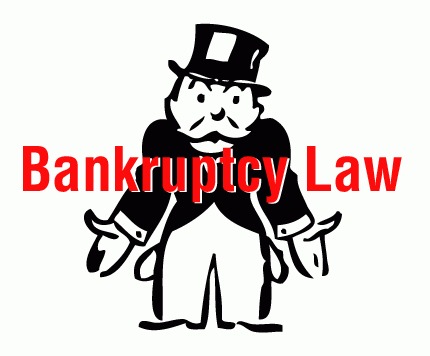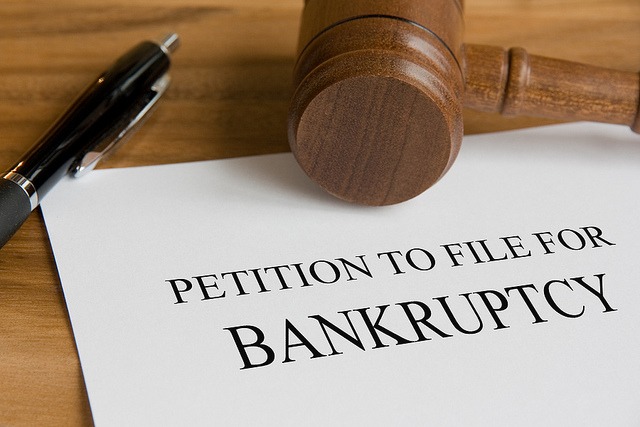Daytona Bankruptcy Lawyer
Bankruptcy is a method where an individual or an organization that is neck deep in debt can request to be relieved from paying the debts. Or they can ask for a reorganization. But in order to do so they have to file for bankruptcy first.
Your bankruptcy lawyer will answer all your queries in detail and will also help you file for bankruptcy. Some of the services offered by bankruptcy lawyers are as follows.
Help you decide if you should file for bankruptcy
The decision to file for bankruptcy is personal and depends on the individual. The lawyer will be able to help you decide if you should seek the protection of federal laws. Bankruptcy laws are federal laws. You will be informed by your lawyer if all the debts are dis-chargeable. Not all debts, such as the child support payments, are dis-chargeable or can be eliminated. The lawyer will explain all the pros and cons of filing for bankruptcy.
Decide the right ‘Chapter’ for you
The Bankruptcy Code has several chapters to it. The Bankruptcy Code is a group of federal laws or statutes that need to be adhered to. The individual or organization filing for bankruptcy has to follow one of these chapters. The four most common chapters are 7, 13, 11 and 12 (in that order). Consumer and non consumer debts are differentiated under bankruptcy laws.
Chapter 7 –
An individual or a business can file for bankruptcy under Chapter 7 if they wish to ‘liquidate’ their debts. Doing so would cancel out all their debts and let them make a fresh start financially. Bankruptcy under Chapter 7 is also known as ‘straight’ bankruptcy.
Chapter 13 –
Any individual seeking a reorganization can file bankruptcy under Chapter 13. A reorganization means that the individual will try to repay the whole of the debt amount.
Chapter 11 –
Any business or company or corporation seeking a reorganization can file for bankruptcy under Chapter 11. They can do so only if they do not wish to liquidate or eliminate their debts.
Chapter 12 –
Any family business, say for example a family of farmers, can file bankruptcy under Chapter 12.
Bankruptcy laws fall under the jurisdiction and supervision of United States Bankruptcy Courts but are decided in the local bankruptcy court of the particular state. Florida has 3 bankruptcy courts. Even though bankruptcy is governed by federal laws, each local court has its own set of local rules to determine a case of bankruptcy.
If you are a resident of greater Daytona or your business is located here, and you need help regarding filing for bankruptcy or understanding the laws related to it, do not hesitate to contact a bankruptcy lawyer in your area today.
To contact Florida attorney Debra G. Simms, P.A. in Port Orange or New Smyrna Beach, FL please call 877.447.4667.


 Bankruptcy is a method where an individual or an organization that is neck deep in debt can request to be relieved from paying the debts. Or they can ask for reorganization. But in order to do so they have to file for bankruptcy first. Bankruptcy filing has different steps involved in it.
Bankruptcy is a method where an individual or an organization that is neck deep in debt can request to be relieved from paying the debts. Or they can ask for reorganization. But in order to do so they have to file for bankruptcy first. Bankruptcy filing has different steps involved in it.
